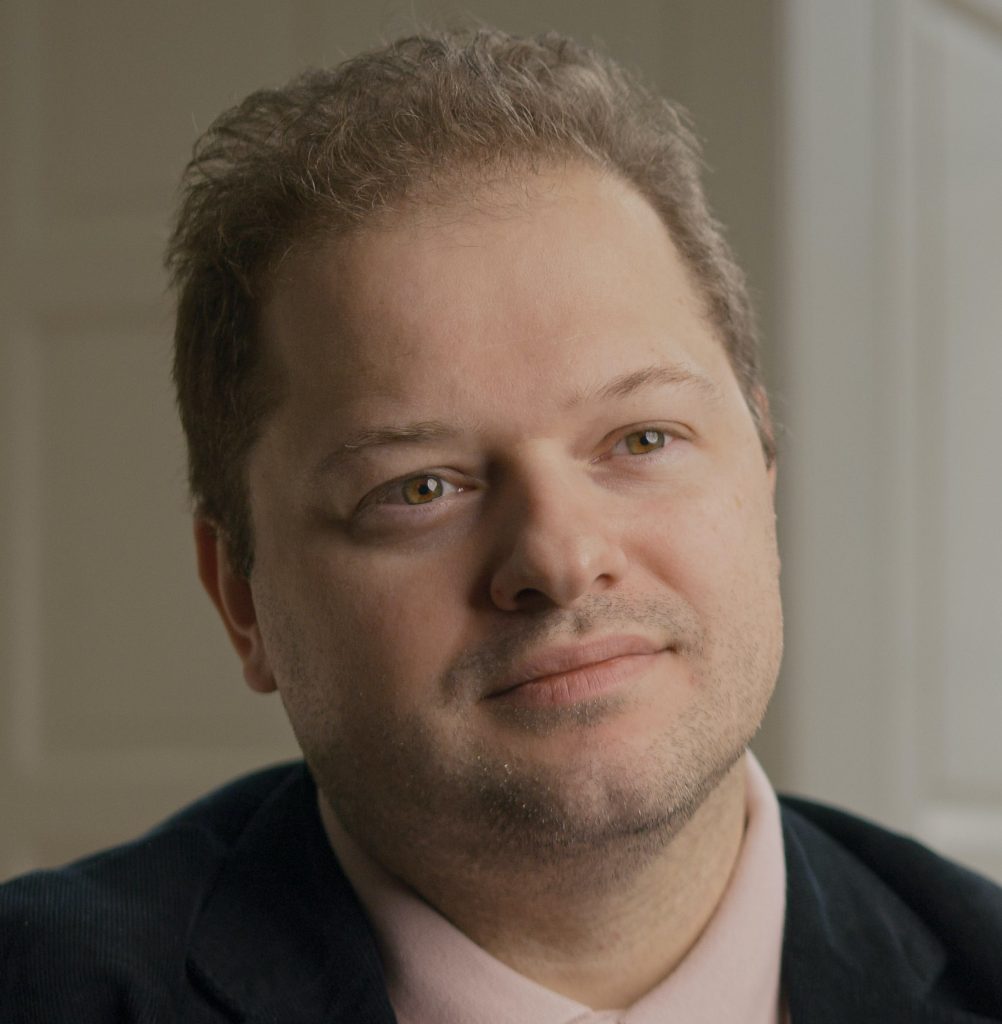Spiritual Decolonization, National Security, and Religious Freedom: Squaring a Triangle in the Case of the Ukrainian Orthodox Church

Andriy Fert is a UNET non-resident fellow at Zentrum für Osteuropa- und internationale Studien in Berlin.
Dmytro Vovk is a visiting associate professor at Benjamin N. Cardozo School of Law.

In June 2023, the fashionable Ukrainian multimedia cultural project Ukraїner published an article on decolonization. Decolonization, as the author describes it, is “a process of cleansing the public space from the markers of (Russian) occupation,” including monuments, mosaics, names of streets, and public premises associated with the Russian Empire, the Soviet Union and contemporary Russia.

